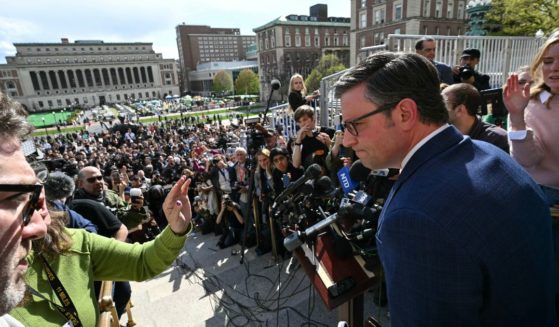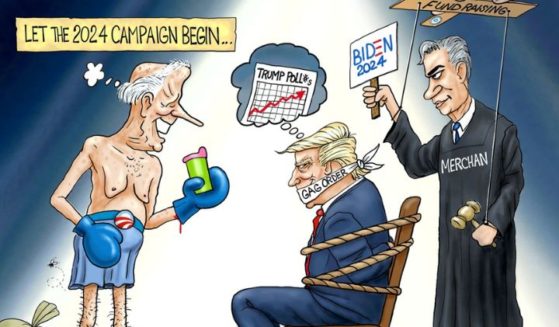Some of these outlets include ABC News, Dow Jones & Co., The Washington Post, The New York Times, Business Insider, BuzzFeed, HuffPost and the Philadelphia Inquirer.
“Taking into account companies that own multiple publications, Facebook will pay fees to about one-quarter of the organizations that will be involved at the launch,” anonymous sources told The Wall Street Journal.
The proposed licensing deals would last for three years after the section is launched, and it has been suggested to allow news publishers to decide how their content appears (either as a headline or a preview that would send readers to the original website).
The social media company currently pays similar licensing fees for content such as videos shown in the Facebook Watch section as well as content created for Facebook Live.
“The number of publishers included in the news tab will grow over time,” Mari Melguizo, a Facebook company spokesperson, told The Western Journal.
“To ensure we’re including a range of topic areas, we’ll start by paying a subset of publishers who can provide a steady volume of fact-based and original content.”
As well as expanding the number of news outlets featured, Facebook also hopes to include links to its local-news project “Today In,” according to The Wall Street Journal.
Only publications that meet Facebook’s criteria for its news page index will be highlighted.
Although the social media giant has previously relied on algorithms to select what users see, it plans to hire people to work on the news initiative that will “highlight real-time journalism and news” outside of the News Feed, according to an August report by The New York Times.
“Our goal with the News Tab is to provide a personalized, highly relevant experience for people,” Campbell Brown, Facebook’s head of news partnerships, said.
“To start, for the Top News section of the tab we’re pulling together a small team of journalists to ensure we’re highlighting the right stories.”
This team of journalists will reportedly help with breaking news and top stories, but other content will appear after being sorted and ranked by an algorithm.
According to Brown, training algorithms to personalize content takes a lot of data and time, which is why the company has hired journalists to help with the most important stories of the day.
Although Facebook has been under scrutiny for bias, an anonymous person familiar with the matter told The Wall Street Journal that the company “has been mindful to include a diversity of viewpoints among the outlets that will be featured.”
“We’ve been working closely with news organization to get this right by emphasizing original reporting and making it much easier to find the most relevant news on Facebook,” Brown said.












